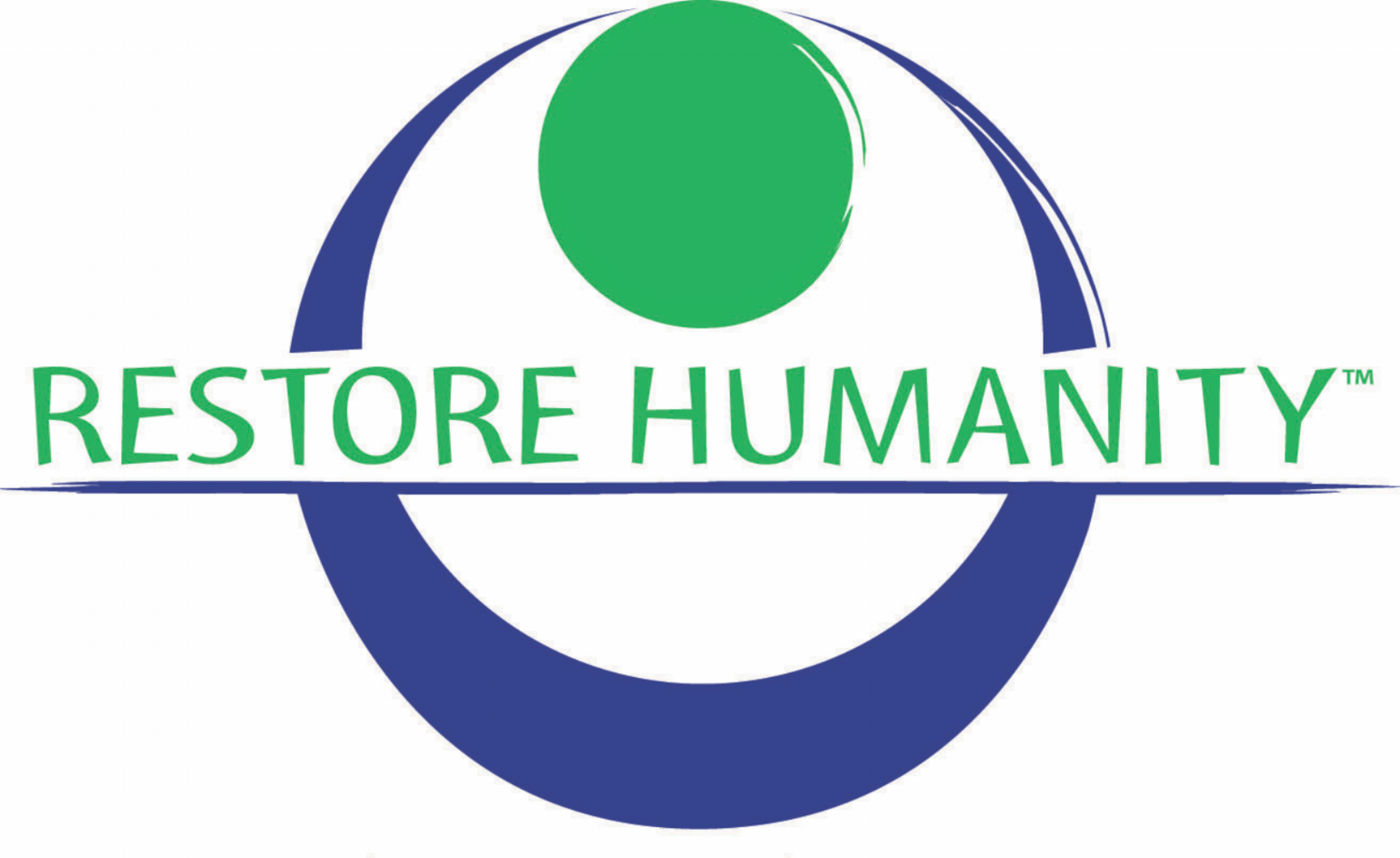Culture is such an interesting thing. We often don’t recognize our own until we are experiencing another. At times the differences are painfully obvious and yet many times the differences between two cultures are so subtle they are hard to perceive on either side. What is interesting is that these subtleties can often make all the difference in the world. The process of understanding a different culture is similar to peeling an onion layer by layer. Each time I go stay in Sirembe (Western Kenya) I learn something new about their culture. Just when I think I have it figured out, a new realization occurs. Sometimes aspects of culture can make our job more difficult, but what I came to realize on my last trip had just the opposite effect. In August of 2010, a few days after our first 10 children moved into our orphanage, Ester (our eldest girl, 13 at the time) was playing with my hair and she said, “Sarah, you know you are my mother now, right?” I agreed enthusiastically. I was so moved that she would say that, but it also made me sad because it seemed as if she thought I was replacing her mother. I have always worried that the children might feel that way, and in the culture I was raised in, my concern makes perfect sense. It wasn’t until years later that I actually realized what Ester meant...
Luo people, the tribe in our area, have a very strong connection to their extended family. However, their idea of extended family extends MUCH further than we in the US can imagine. If you are Luo you just assume that anyone within your tribe is in someway related to you and the number of family members then extends into the millions. They often call each other “brother” or older women “mother” to show love and respect. It is not uncommon at all for children to be raised by an extended family member, such as a grandmother or an aunt, even if their mother is still living and has to move away for work. Of course children will always have a connection to their biological mother, however, Luo children understand that they are cared for by a community full of “mothers.”
In January of 2012 I went with Patrick (our on-site nurse and Managing Director of our children’s home) to the Sirembe Primary School to attend a Parent/Teacher meeting for our 13 yr old girl Vivian. All of the parents or guardians were asked to stand up and introduce themselves to the group of children and adults. Patrick stood up for us and said, “My name is Patrick and this is Sarah and we are the mother and father of Vivian.” Everyone laughed for a moment because it was quite obvious that I was not actually her mother, but they understood what was meant. I was worried instantly that Vivian might take it the wrong way, as if we were trying to replace her real parents. But then I looked up at her and she was beaming! She stood up, smiling from ear to ear, proud to have two people there that loved her. No we aren’t her actual parents, but we are her family and we cared enough to be there for her. I realized at that moment that I had been looking at this all wrong—we are not replacing anyone; we are just extending their family further.
It is a very common thing for children to be cared for outside of their parent’s home, so in this way it makes it much easier for our children to adjust and allow us to take care of them. Ester never thought that I was replacing her mother, she was just trying to say something like “Sarah, I trust you and you are the one who cares for me now.” This level of comfort and acceptance on the part of the children is largely related to culture and I am thankful for it. They are all quite comfortable living in our children’s center and happy that their family continues to grow and grow.


